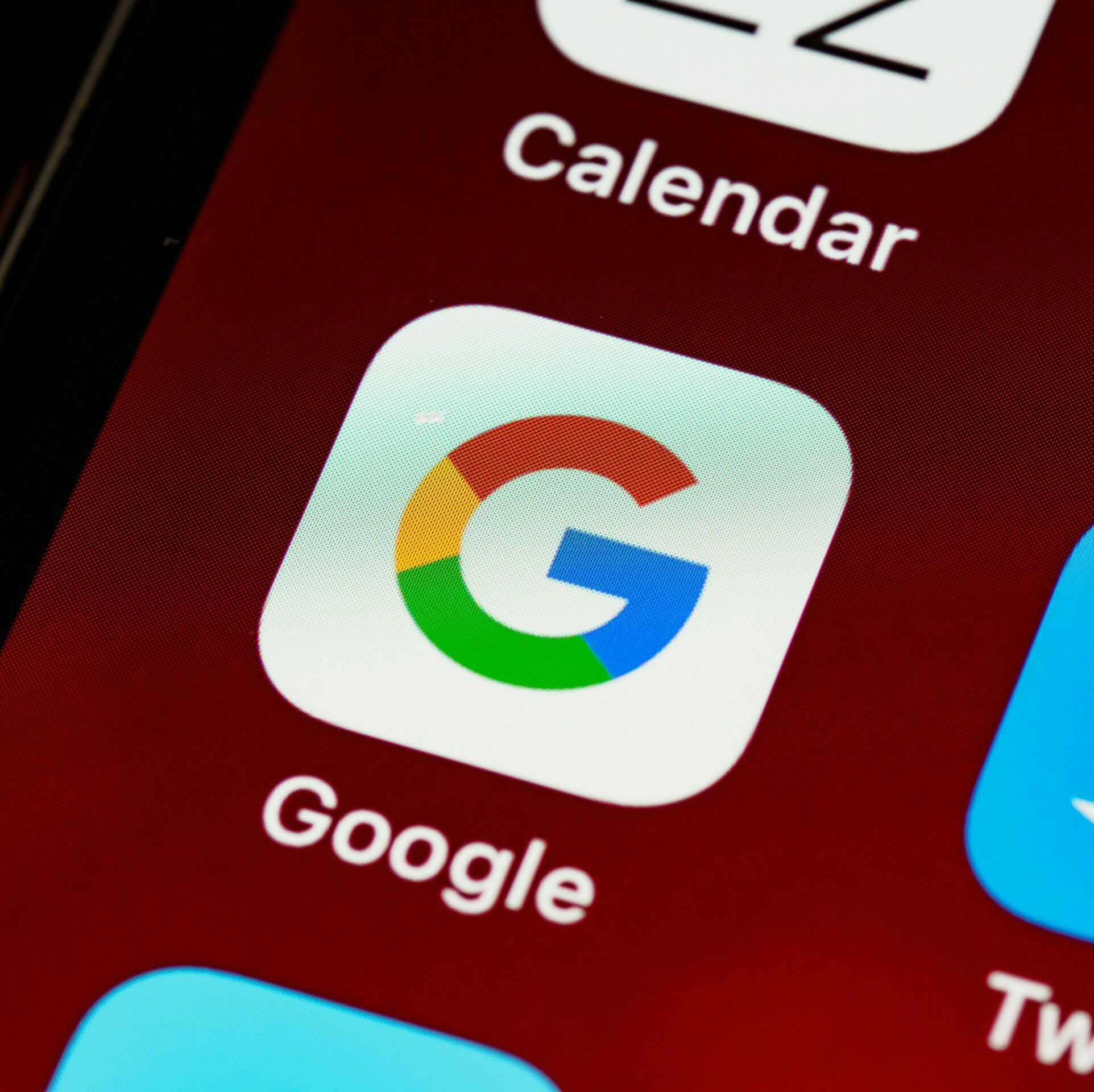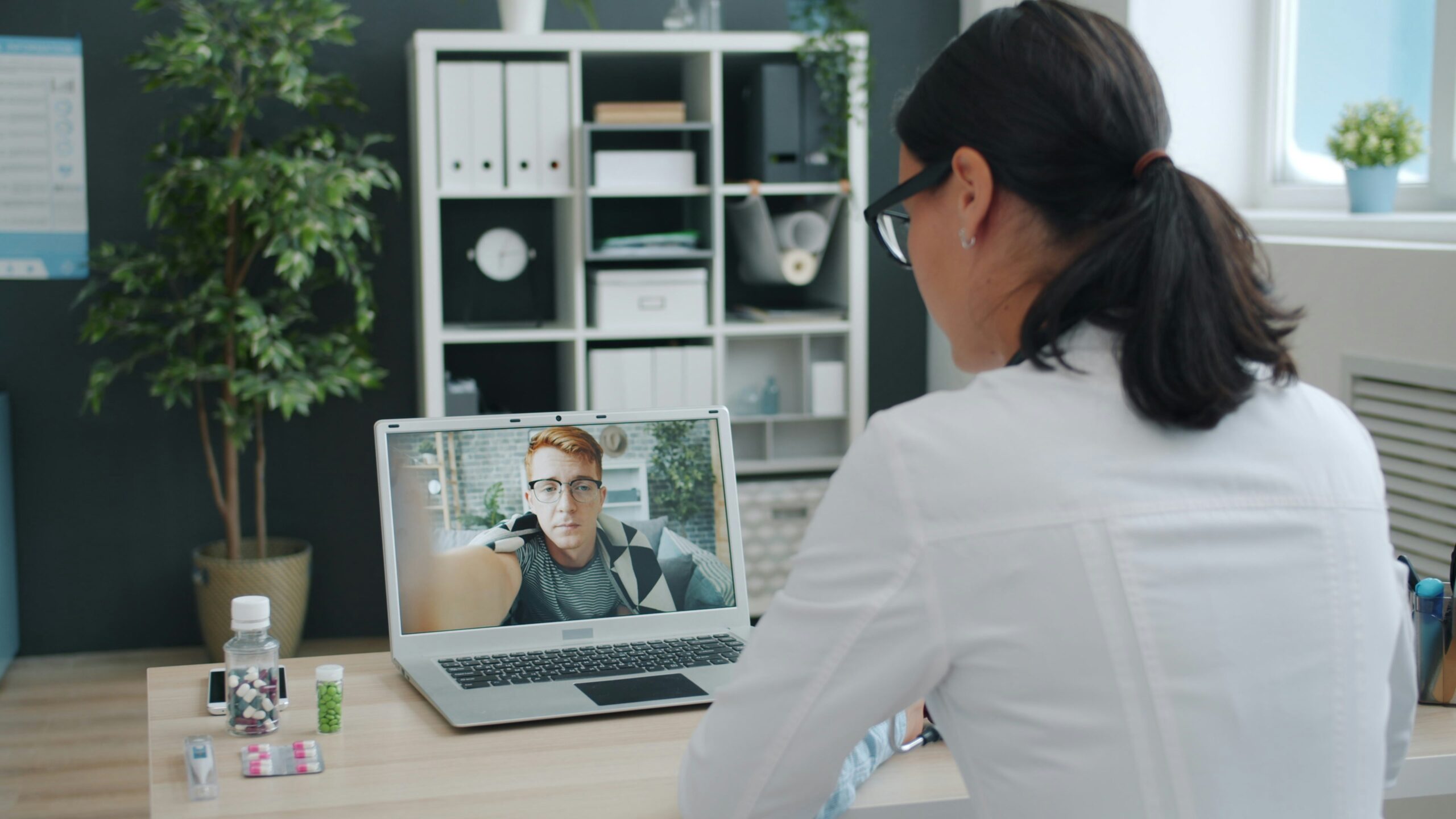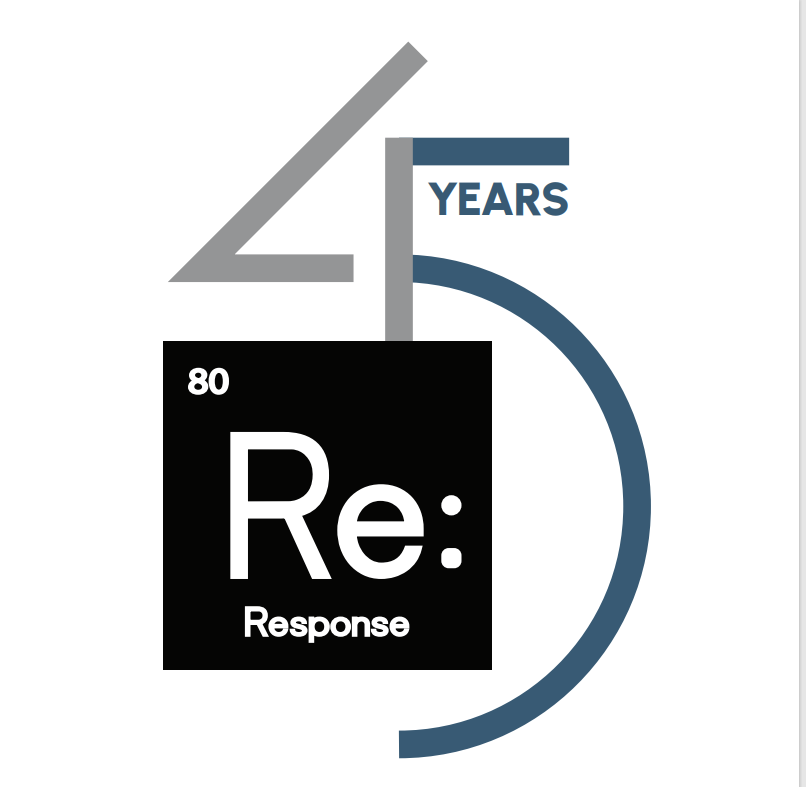Google ads dominate the world of PPC. As of November 2022, Google’s share of paid search was well above 90%. Google ads offers a multitude of options and adjustments for advertisers to create and share well-timed ads with your target audience. Manipulating Google ads well means your brand will show up prominently on the search engine results page at the right time your ideal audience is looking for your product.
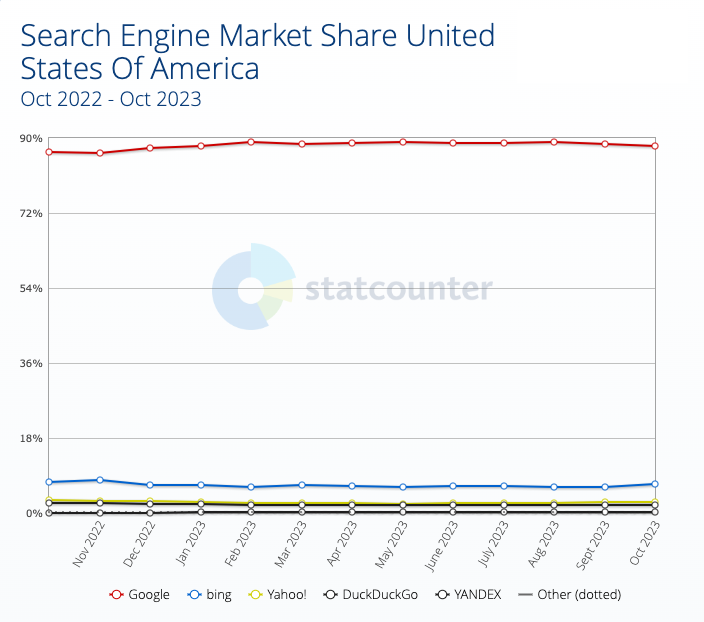
Setting up your campaigns for success is essential. Here are a few best practices to make sure your campaigns perform optimally.
Review and Reevaluate Your Budget 2020
Given the on-going nature of most paid search campaigns, it is almost too easy to continue existing campaigns with only minor tweaks. We recommend at least an annual review and evaluation of your objectives and budget; here are a few things to consider:
- How did you track against your overall budget, and did you hit the promised/needed metrics?
- Assuming there is additional traffic to grow results, should your company invest more in campaigns with the highest results?
- Should you eliminate, or shift, budget from campaigns that started with poor performance, but were optimized throughout the year?
As long as we are talking budgets…
Set Each Campaign Based on Your Needs
Often campaigns are set without regard to a specific enough brand or campaign objective. For example, a branding campaign may require less budget than a campaign designed to convert. Rather than just set one campaign to achieve awareness AND attract more leads, build two campaigns. Setting and budgeting distinct campaigns is especially important when you research keywords to target and how much you need to bid to be competitive. Creating separate campaigns give your higher value keywords a better chance to convert.
Think Mobile Customization
Search in the US has become more mobile. Mobile share of organic search engine visits is now over 60%. A paid ad strategy must optimize for mobile to maximize opportunities to reach your audience. Start by assessing traffic volume for keywords coming from mobile devices. Doing this assessment will also reveal if you should adjust bids based on device.
Another critical thing to think about: people’s behavior is very different on mobile. If your Ad Words strategy doesn’t account for the critical audience differences in behavior and expectations, your campaign will perform sub-optimally.
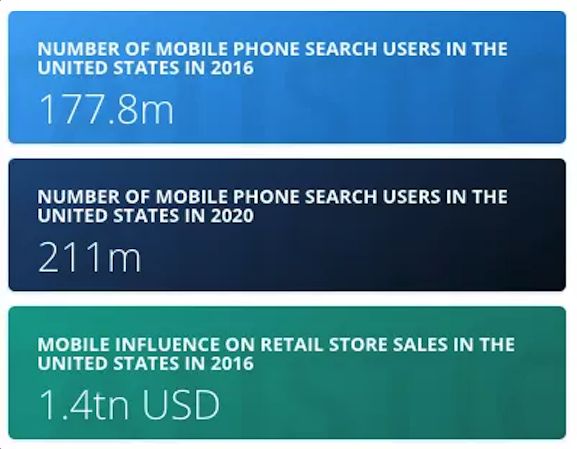
Build a Better Landing Page
After spending proper time researching keywords, generating dynamic creative, and optimizing your Google Ad Words campaigns, your work is far from over. The user experience after the click is equally essential. Optimize your landing page for conversions with these tips to ensure success:
- Make sure your landing page also uses the same keywords
- A best practice is that the landing page must solve your audience’s pain point, or at least answer any lingering questions
- Ensure a seamless transition through to the conversion and engagement
Google now also allows advertisers to collect leads directly from the paid ad using lead form extensions.
Reevaluate Your Reporting
It’s likely time to reevaluate your essential PPC key metrics and make sure that data is included in your reports. Including search top impression rate and search absolute top impression rate along with impression share and lost impression share due to rank or budget are just a few examples of things that may not be included in “older reports”. The key to effective reporting is to make sure that all information included is useful and actionable.
There are a multitude of details needed to manage your Google AdWords account, but the above big-picture best practices will help you generate the highest return for your money.



